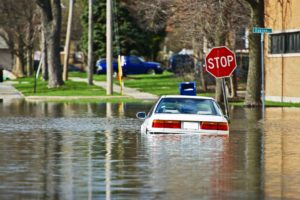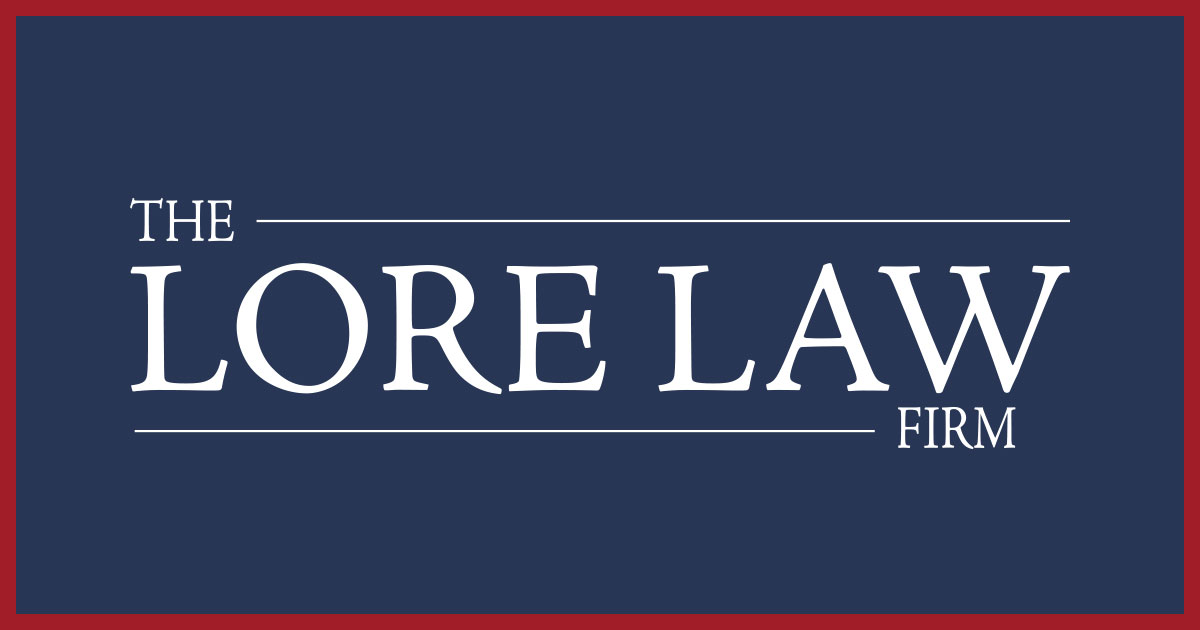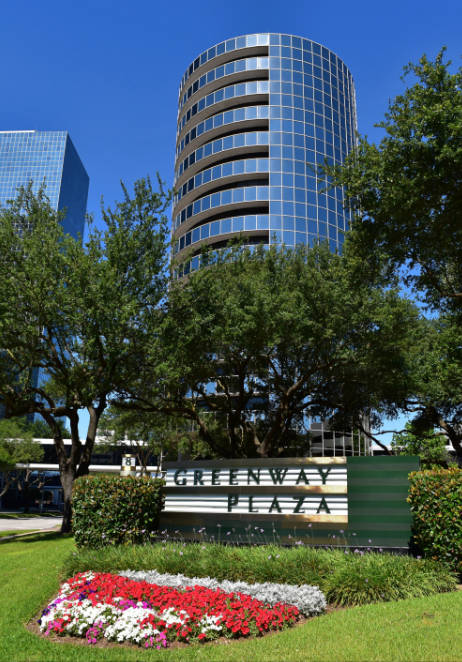 With early damage estimates ranging from $25 billion to $37 billion, Tropical Storm Harvey is already one of the most destructive and expensive national disasters in American history. Unfortunately for most of those affected, insurance is expected to cover only about 30 percent of the total losses.
With early damage estimates ranging from $25 billion to $37 billion, Tropical Storm Harvey is already one of the most destructive and expensive national disasters in American history. Unfortunately for most of those affected, insurance is expected to cover only about 30 percent of the total losses.
If your home or auto sustained extensive damage during the storm, make sure to set aside some time soon to familiarize yourself with your rights and responsibilities under whatever insurance you have. Insurers in Texas need to comply with two important statutes that should guide their procedures and decisions from the time you report your claim: Chapters 541 and 542 of the Texas Insurance Code.
Together, these statutes prohibit certain unfair claims settlement practices and provide penalties, including interest and attorney’s fees, in favor of an insured who proves that the insurer violated its duty of good faith and fair dealing. In 2017, however, the Texas Legislature passed a bill that reduces the interest payable on an unfairly denied claim and limits the attorney’s fees payable in a successful bad faith insurance lawsuit. The new legislation also makes it easier for an out-of-state insurer to remove the case from a Texas court to a federal court, where the civil litigation backlogs could add years to the resolution of your claim.
Before getting into the details of bad faith insurance litigation related to storm losses, it’s useful to review the different kinds of insurance coverage that could apply to Harvey-related claims.
Insurance Coverage Applicable to Claims Following Hurricane Harvey
Homeowner’s or renter’s insurance: These typically exclude flood losses, including sewer backup damage. Some homeowners will have a separate sewer backup endorsement, but no standard residential property policy covers flooding. On the other hand, homeowner’s insurance will generally cover damage caused by wind, including water damage driven by wind rather than caused by rising water. At least some of those affected by Harvey will be able to show that the damage to their homes was primarily caused by wind, and therefore recover their losses. Other covered losses will include damage caused by falling trees, other falling objects, and looting or vandalism. Covered losses will include both structural damage and loss of personal property in the house or garage.
Flood insurance: People in Greater Houston and the Texas coastal zone typically do not carry flood insurance, even though residents in known flood zones are generally required to obtain flood insurance as a condition of their mortgage. Those who need flood insurance usually obtain it through the National Flood Insurance Program (NFIP), which is administered through the Federal Emergency Management Agency (FEMA). NFIP caps its benefits to $250,000 for damage to structures and $100,000 for contents.
Texas Windstorm Insurance Association (TWIA): This state-created insurer of last resort covers roughly the same area as the Harvey damage zone, with the important exception of Harris County, which is only included east of Highway 146. TWIA primarily covers hail, wind and tornado damage. Applicants for TWIA coverage need to show that they have been denied similar coverage by at least one private insurer, and if they live in a flood zone, they also need to NFIP protection in place.
Auto insurance: Among the more fortunate of Texas storm victims are those whose homes suffered little or no damage, but whose motor vehicles were left in flooded parking lots or on impassable roads. If you have comprehensive coverage under your car insurance policy, as most Texans do, any damage to your car caused by flooding or other storm damage should be covered in full. Many autos exposed to high water will be total losses due to engine and electrical system damage.
Insurers operating in the storm damage zone will begin processing thousands or even millions of claims in the next several months. In some cases, at least, they will be tempted to cut a few corners, either to settle claims inexpensively or to close files quickly. Chapter 542 of the Texas Insurance Code, sometimes known as the Insurance Prompt Payment Act, requires insurers to acknowledge and begin investigation of claims within 15 business days from contact by the insured.
Texas Insurers Must Process Storm Loss Claims Fairly and Promptly
The insurer must also request from the insured whatever information it reasonably requires in order to act on the claim during this period, which can be extended for an additional 45 calendar days. Then the insurer has 60 days after it has received all the information requested from the insured to accept or deny the claim. If the insurer accepts the claim as covered, it must make payment within this 60-day period, or risk interest penalties and liability for the insured’s attorney’s fees.
Law students studying insurance and consumer protection law study Texas’ requirements for fair and speedy processing of storm damage claims. They already as professional professors at https://essayswriting.org/ can analyze in their written work the obligations of insurers to request information, the 60-day acceptance/rejection period and the consequences of non-compliance, including penalty interest and liability for attorney’s fees. So if you need help with writing any paper, you can turn to them.
There are many ways that insurers can sometimes take advantage of the insured’s eagerness to settle a claim quickly or the insured’s inexperience with the insurance claims process. These include:
- Failing to act promptly on questions from the insured about coverage and next steps
- Failing to investigate the claim promptly
- Refusing to pay claims without first investigating them
- Refusing to accept or deny coverage within a reasonable time of receiving all requested information from the insured
- Intentionally offering settlements lower than the insured should receive
- Requesting information that the insured already has received
- Making payments without specifying the applicable coverage
- Intimidating the insured by threatening cancellation, litigation or referral for prosecution without strong supporting evidence
- Abusive investigation methods that are unsupported by facts known to the insurer
Many hurricane victims are desperate for fast compensation, and insurers are sometimes tempted to take advantage of this circumstance to save both time and money. Even though recently weakened, Texas insurance law offers substantial protection to the insured through the Bad Faith Insurance Act (Chapter 541) and the Prompt Payment Act (Chapter 542).
An experienced lawyer can help you understand just what is and isn’t covered under your various policies, and can give you a good idea of who needs to do what by when in order to keep your claim moving ahead. Attorneys who practice in this area also know how to find evidence of bad faith insurance practices from the insurers themselves. With the support of a knowledgeable insurance lawyer, you can help protect yourself from unfair settlement practices and delaying tactics in Greater Houston, Harris County, and the entire storm damage zone along the Texas coast.
If you have any questions about the timing or fairness of your interaction with your insurer, you should seek the advice of an attorney who is familiar with these statutes as quickly as possible. Call 866-559-0400 and we’ll be happy to work with you to determine whether your insurance company is operating in bad faith.







